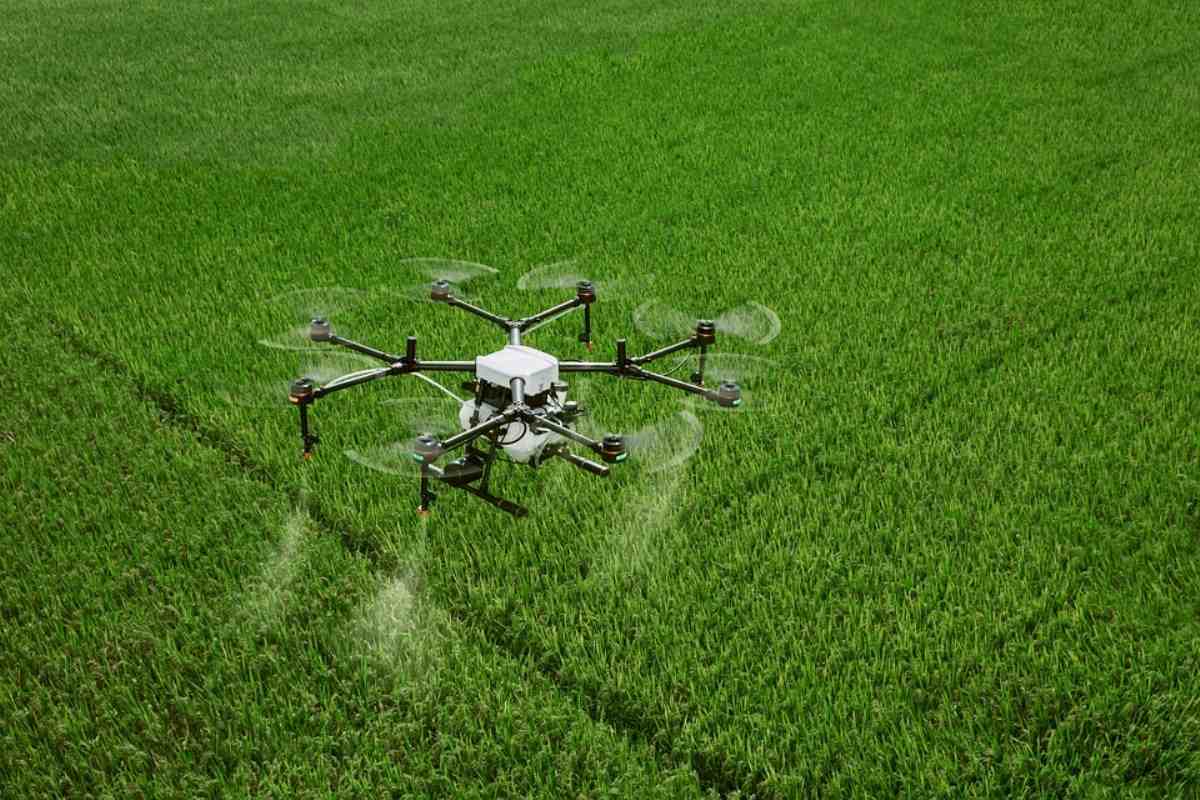New agricultural applications such as smart farming, precision farming and IoT enable the industry to improve operational efficiency, reduce costs, reduce waste and improve the quality of its yields. Smart farming is an emerging concept in which we integrate information and communications technologies ( IoT) that enable sensors, predictive analysis and automation to increase the number of harvests in a calendar year.
Smart farming makes it easier for farmers to measure variables and process data accurately. Using soil and crop sensors, aerial drone surveillance and agricultural mapping, farmers can understand the detailed dependencies between conditions and crop quality. This can lead to higher yields, as farmers save time and focus on the real problems of agriculture, such as pest control, irrigation and changing soil conditions through sensors and automation.
In the case of precision farming, intelligent farming techniques allow farmers to monitor the needs of each animal and adjust their diet to prevent disease and improve herd health. Using IoT sensors to capture environmental and machine indicators, farmers can make informed decisions to improve all aspects of their work with livestock and crops.
Precision farming, which uses the IoT, relies on data collected from various sensors in the field to help farmers allocate sufficient resources to a plant. Smart farming supports sustainable and cost-effective agriculture by combining navigation, satellite and earth observation data to make it easier for farmers to make informed decisions about how they grow. In the past, farmers used a smart farming approach to collect data and then make informed decisions from that data.
Monitoring and collecting data on soil moisture, air temperature and humidity can improve crop yields on large local farms. Efforts are taken to improve the quality and quantity of agricultural products by making them smarter and connected, also known as precision farming, to improve the quality and quantity of agricultural products. The IoT Solutions (Internet of Things) refers to recent advances in intelligent agriculture, which is data-driven and uses artificial intelligence (AI) to make better decisions.
From a farmer’s perspective, smart farming offers them added value in terms of better decision-making and more efficient use and management. We do not deny that intelligent agricultural technologies can play an important role in sustainable agricultural production without the need for a technological revolution or less social change.

While the name may sound fanciful and futuristic, smart farming refers to precision farming, which uses technology to collect data and create smart farms.
The driving force behind smart farming is IoT solutions the networking of intelligent machines and sensors that are integrated into farms to make agricultural processes data-driven and data-capable.
Intelligent sensors monitor every aspect of daily work, and IoT technology in agriculture enables farmers to automate the collection of real-time data to increase production volume, reduce costs, manage costs and improve the overall efficiency of many different aspects of agriculture. In the case of precision farming, intelligent farming techniques allow farmers to monitor the needs of each animal and adjust their diet to prevent disease and improve herd health. Farmers can make informed decisions about all aspects of their work, from livestock farming to crop production, using IoT sensors to measure environmental, machinery and metrics.
Smart farming uses sensors and big data to predict and make decisions that increase agricultural productivity. Smart farming has great potential for efficiency, productivity, precision and sustainability. It makes agriculture more profitable and feeds a growing global population. It enables the development of sophisticated and innovative applications that benefit farmers and the agricultural sector.

